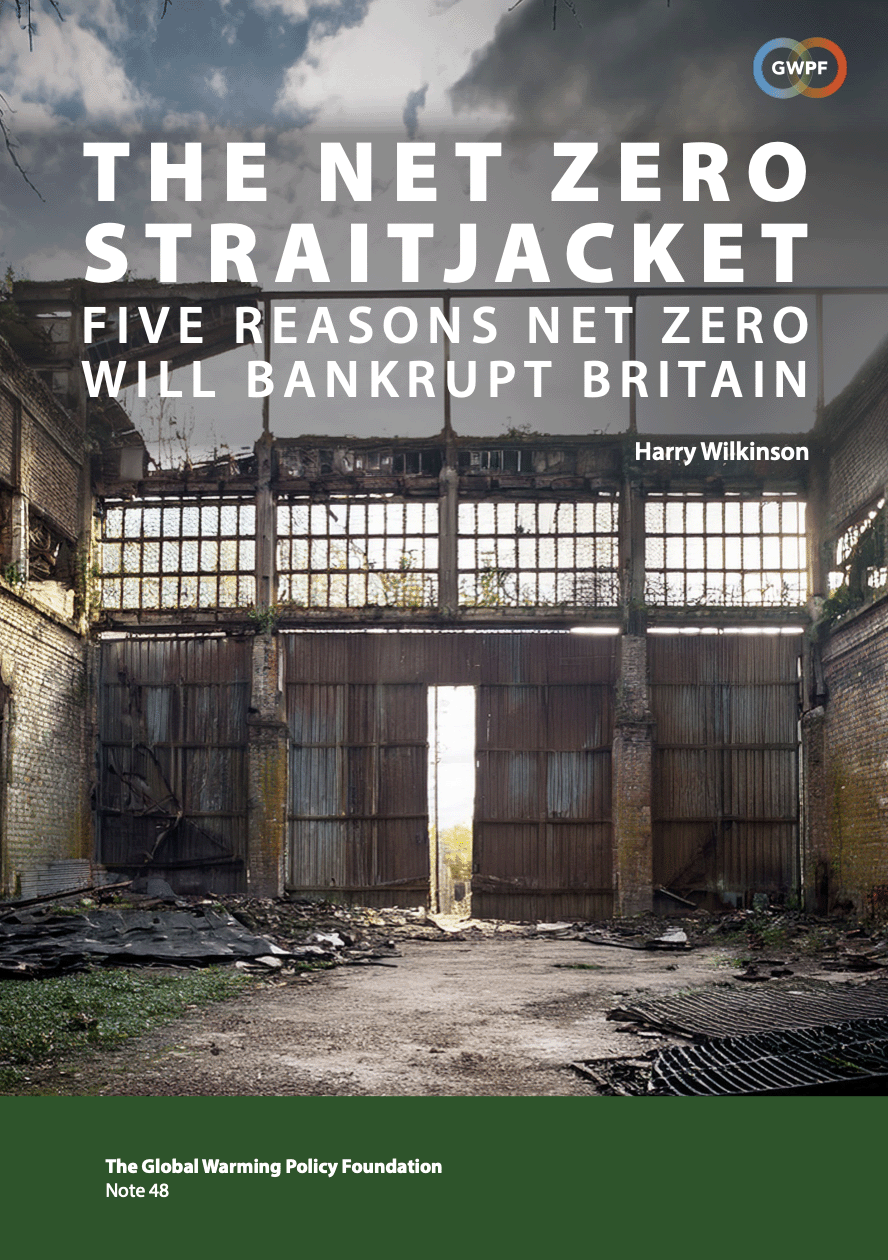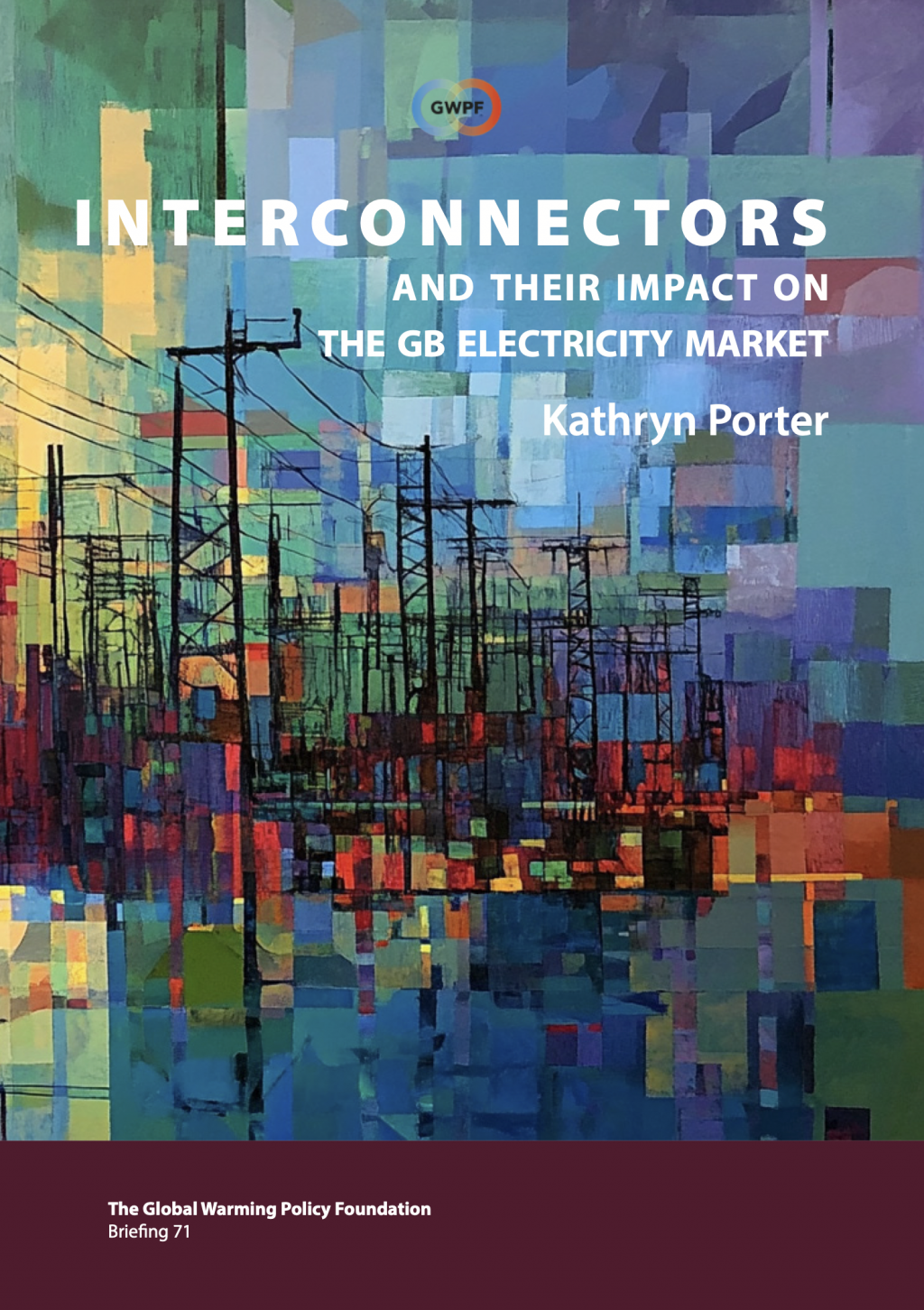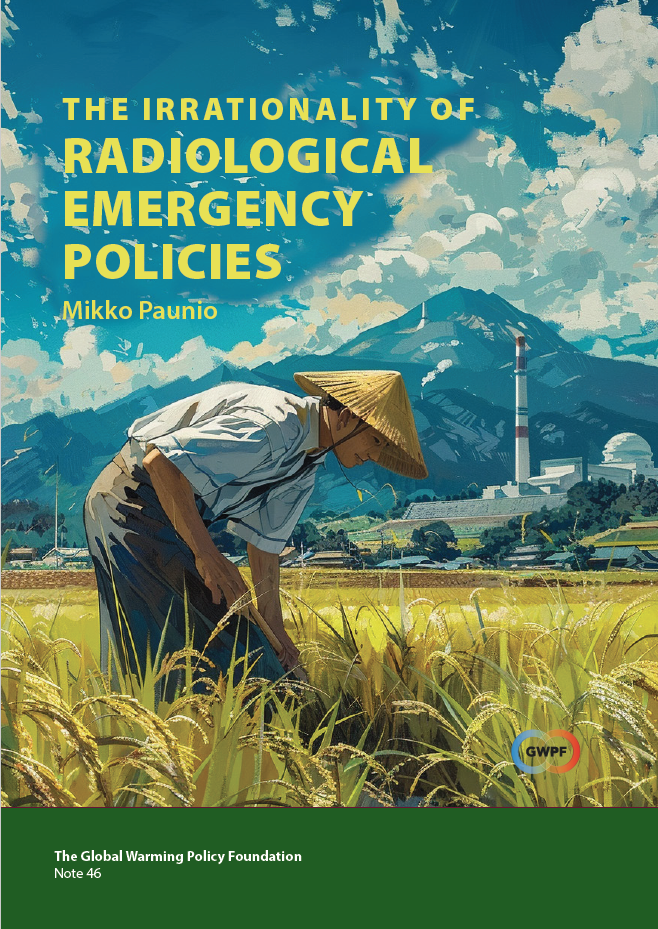Energy rationing is on the horizon, warns think tank
Homes will go cold when the wind doesn’t blow

Homes that switch to heat pumps risk being switched off for weeks at a time, according to a new paper from the Global Warming Policy Foundation. That’s because the government’s heat strategy fails to address the fundamental problem of intermittency.
According to the report’s author, Andrew Montford, without any means of storing electricity in bulk, grid managers will be forced to switch down appliances like heat pumps and EV chargers when the wind doesn’t blow. In a long wind lull, homes will have to be switched off entirely. Second-generation smart meters, currently being installed across the country, will allow the grid to control appliances remotely.
Montford explains that the technologies that are widely thought to help with intermittency are in fact only marginally useful: “We don’t have enough suitable pumped hydro sites, and batteries and hydrogen are far too expensive”, he says. “The only technology that can help us here are based around fossil fuels, and the government has ruled those out”.
Moreover, it is not just a wind lull that will mean appliances have to be switched off. The distribution grid, which moves electricity around at street level, was designed for much lower loads than will be necessary in a Net Zero world. That means when too many people require power, grid managers will again have to ration demand.
GWPF director, Dr Benny Peiser, says that the report is a warning to politicians: “Leaving families cold and in the dark will lead to some very unhappy constituents. It will not end well”.
The report, entitled Survival of the Richest: Smart Meters and Energy Rationing, can be downloaded here.


